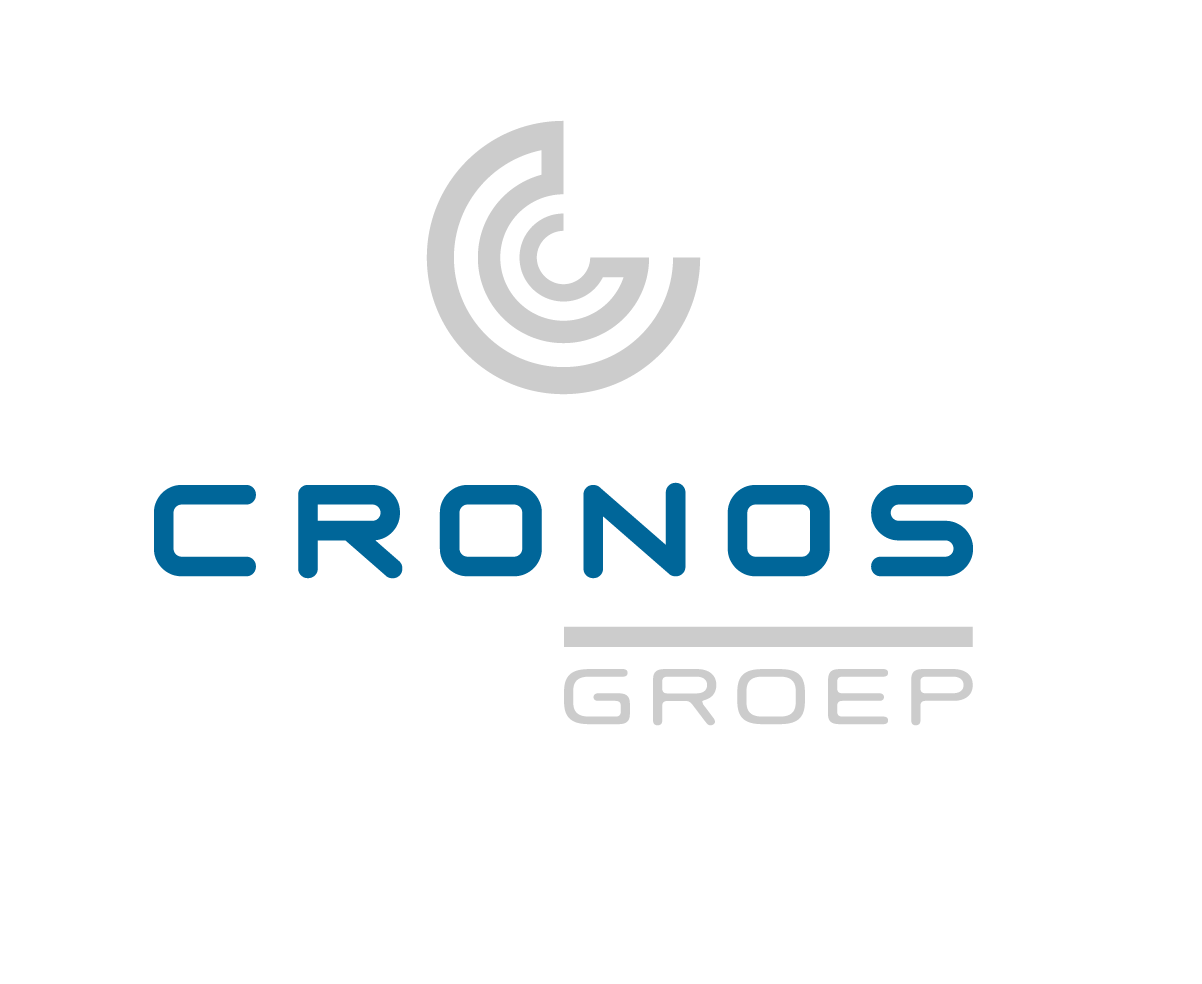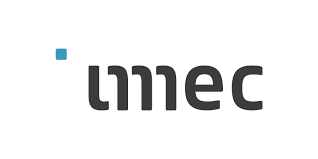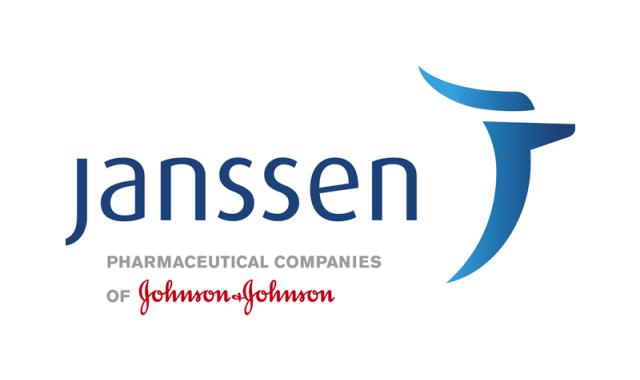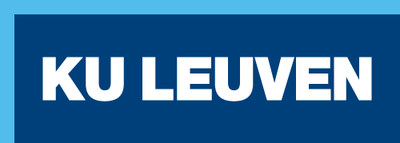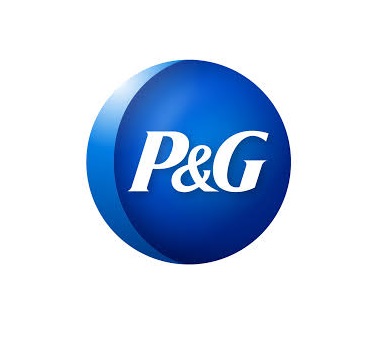Real-time data-assisted process development and production in chemical applications
The DAP2CHEM project aims to stimulate the transition of chemical and life science companies towards I4.0. The project will generate generic knowledge for real-time data usage by these companies through AI systems for improved process development, optimisation and manufacturing excellence.
Challenges and hurdles
Industry 4.0 (I4.0), Artificial Intelligence (AI) and digitalisation are revolutionising industries across the globe. As underlined by Catalisti’s 2019 DIGICHEM study, chemical, pharmaceutical, and plastics-producing and -processing companies are interested in implementing Big Data Analysis and AI in their production processes in order to generate business value. Yet, implementation of these technologies within the sector remains rather limited due to a range of sector-specific challenges and hurdles.
DAP2CHEM
To overcome some of these hurdles, DAP2CHEM aims to stimulate the transition of chemical and life science companies towards I4.0. The project will generate the necessary generic knowledge for real-time data usage by these companies through AI systems for improved process development, optimisation, and manufacturing excellence in the chemical and life science industry. It will also expand the knowledge base at Flemish research institutes concerning (hyperspectral) image processing and analysis, advanced analytics and hybrid AI, thereby bridging the gap between academic fundamental knowledge and applicability in an industrial context (explainability and integratability).
Achieving these project goals requires expertise in both Operational Technologies (OT) and Information Technologies (IT) for the process and discrete manufacturing industry. Cronos, an early actor in the I4.0 space, will provide this expertise.
Three test cases
In turn, the fundamental knowledge acquired by the knowledge institutes will be verified in three proof-of-concept test cases at Procter and Gamble (P&G), Ajinomoto Bio-Pharma Services and Janssen. These test cases will:
The DAP2CHEM test cases will prove the feasibility of new technologies and will capture best practices. They can be used as a blueprint for other related in-house applications by the participating companies, or as an example for other chemical and pharmaceutical companies in Flanders and beyond.
Project Details
Project Partners
Industry 4.0 (I4.0), Artificial Intelligence (AI) and digitalisation are revolutionising industries across the globe. As underlined by Catalisti’s 2019 DIGICHEM study, chemical, pharmaceutical, and plastics-producing and -processing companies are interested in implementing Big Data Analysis and AI in their production processes in order to generate business value. Yet, implementation of these technologies within the sector remains rather limited due to a range of sector-specific challenges and hurdles.
DAP2CHEM
To overcome some of these hurdles, DAP2CHEM aims to stimulate the transition of chemical and life science companies towards I4.0. The project will generate the necessary generic knowledge for real-time data usage by these companies through AI systems for improved process development, optimisation, and manufacturing excellence in the chemical and life science industry. It will also expand the knowledge base at Flemish research institutes concerning (hyperspectral) image processing and analysis, advanced analytics and hybrid AI, thereby bridging the gap between academic fundamental knowledge and applicability in an industrial context (explainability and integratability).
Achieving these project goals requires expertise in both Operational Technologies (OT) and Information Technologies (IT) for the process and discrete manufacturing industry. Cronos, an early actor in the I4.0 space, will provide this expertise.
Three test cases
In turn, the fundamental knowledge acquired by the knowledge institutes will be verified in three proof-of-concept test cases at Procter and Gamble (P&G), Ajinomoto Bio-Pharma Services and Janssen. These test cases will:
- Gain fundamental insights in advanced vision for inline anomaly detection of randomly shaped and randomly oriented objects at high-speed processes with reduced labelling efforts. The objects selected for DAP2CHEM are P&G’s washing pods.
- Gain fundamental insights, develop, and apply thermodynamic/AI hybrid models for advanced process control and translate this in active control strategies in a development and manufacturing phase. In the case of Ajinomoto Bio-Pharma Services, this is a Raman-based control of a two-step continuous flow system. In the case of Janssen this is a constant-level solvent switch in batch equipment.
The DAP2CHEM test cases will prove the feasibility of new technologies and will capture best practices. They can be used as a blueprint for other related in-house applications by the participating companies, or as an example for other chemical and pharmaceutical companies in Flanders and beyond.
Project Details
| Project type: | ICON |
| Approved on: | 17/09/2020 |
| Duration: | 01/10/2020 – 30/09/2022 |
| Total budget: | €3.234.372 |
| Subsidy: | €2.075.310 |


